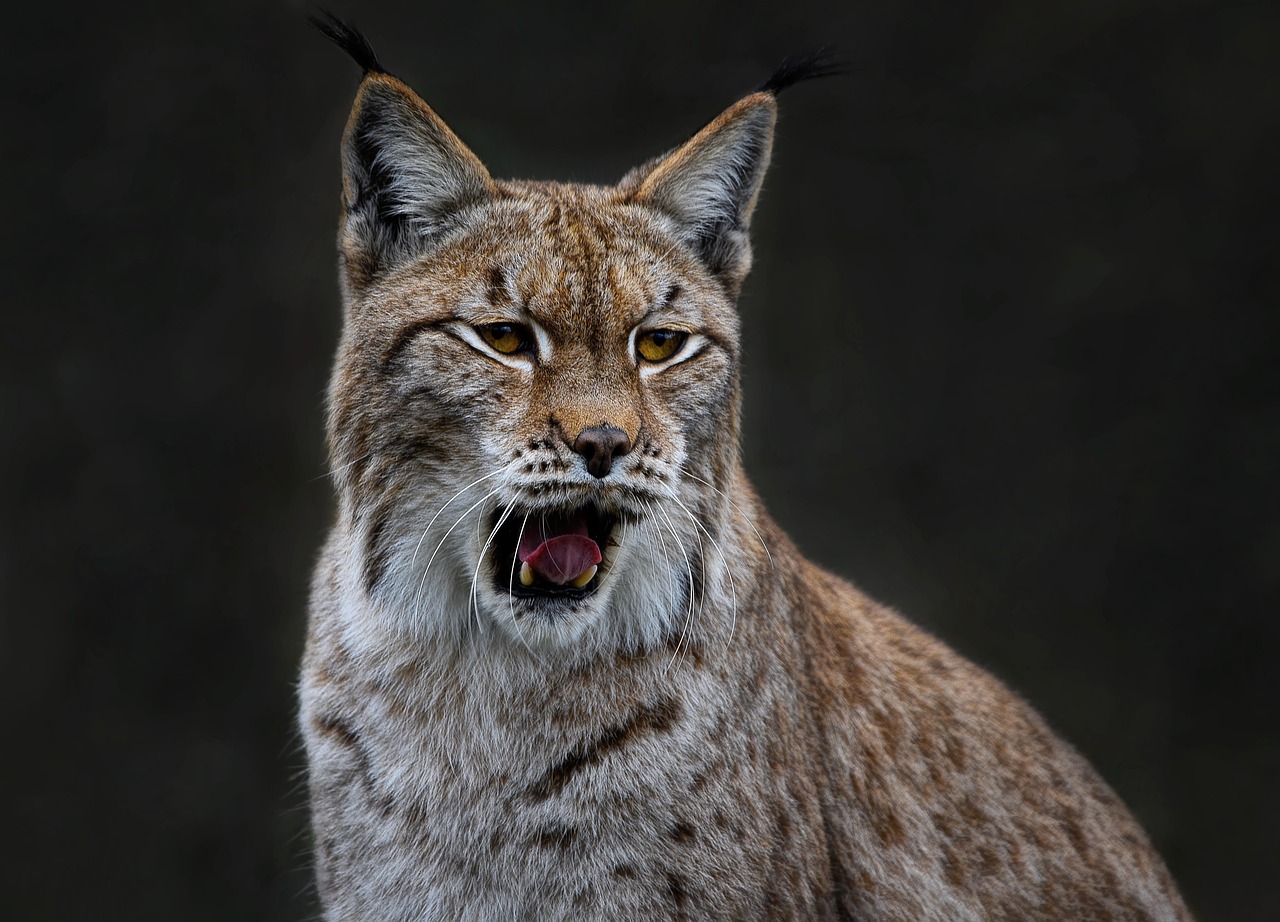Apex predators, those at the very top of the food chain, are pivotal to the health of various ecosystems. Predators, such as wolves, lions, tigers, and sharks, effectively control prey populations through predation techniques. This helps to maintain a healthy balance and a diverse ecosystem. The removal of apex predators can result in an abundance of prey species, causing overgrazing, loss of habitats, and a decline in biodiversity.
Wolves, often vilified and hunted to extinction, were reintroduced in the mid-1990s to Yellowstone National Park after 70 years of absence. In their absence, unchecked elk populations stripped much of the vegetation, specifically willow and aspen trees along riverbanks, which were crucial to the livelihood of many species.
The return of wolves altered prey behaviour through direct predation but also influenced prey behaviour due to the ecology of fear. By marking territory with scent, they keep prey moving, reducing overgrazing, allowing vegetation to recover. This shift benefited a range of species, demonstrating how apex predators are able to shape and control entire ecosystems.
The success of Yellowstone’s reintroduction of wolves acts as a pivotal blueprint for further predator reintroduction programmes, including the reintroduction of the Eurasian lynx in the UK. Once native to the UK the Eurasian lynx was hunted to extinction for its fur 1,300 years ago. The reintroduction of the lynx is part of a larger movement to restore an ecological balance to the UK’s forests. It could restore ecological balance by controlling the overabundant roe deer population, which currently lack natural predators in the UK.
Deer overabundance has led to depletion of undergrowth in forests, affecting plant species and damaging animal habitats. Beyond direct predation, the lynx would alter deer behaviour further through the ecology of fear, reducing habitat destruction. However, reintroduction could only be successful in areas that meet the correct conditions, and the lynx will only thrive in locations where they are accepted by the local people.
Elsewhere in Europe, lynx reintroductions have been successful, however, concerns remain in the UK regarding safety of livestock and management in human populated areas. Restoring apex predators to the habitats they were forced out of, not only strengthens ecosystems, but acknowledges their vital role in maintaining nature’s balance. Thoughtful rewilding efforts could lead to a healthier, more biodiverse environment that benefits both wildlife and humans.
